Peptide-laden vesicles light up in the presence of amyloid beta, providing an early diagnostic test (and possible treatment) for Alzheimer’s.
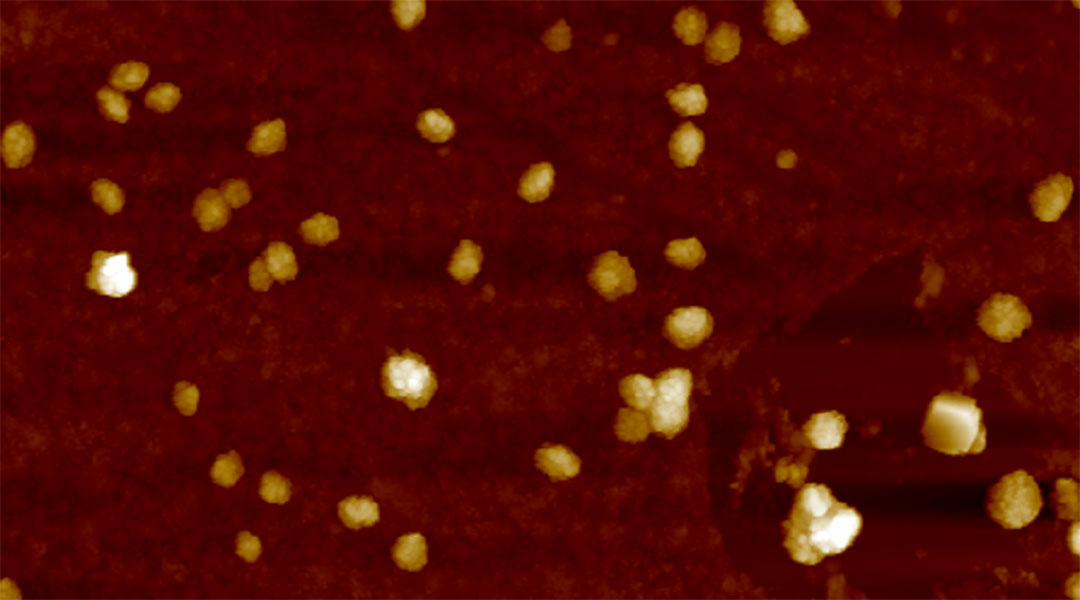

Peptide-laden vesicles light up in the presence of amyloid beta, providing an early diagnostic test (and possible treatment) for Alzheimer’s.

Injected arthritic drugs often get stuck in the sticky synovial fluid found between the joints, but tiny nanomotors may help liberate them.

The generator harnesses energy from water and is built with a fiberform material derived from the straps of disposable medical masks.

A nanotherapy could be used as part of a multifaceted strategy for individuals grappling with severe health implications of obesity.

To minimize inflammation in IBD, scientists have developed a synthetic enzyme that targets multiple problematic pathways.
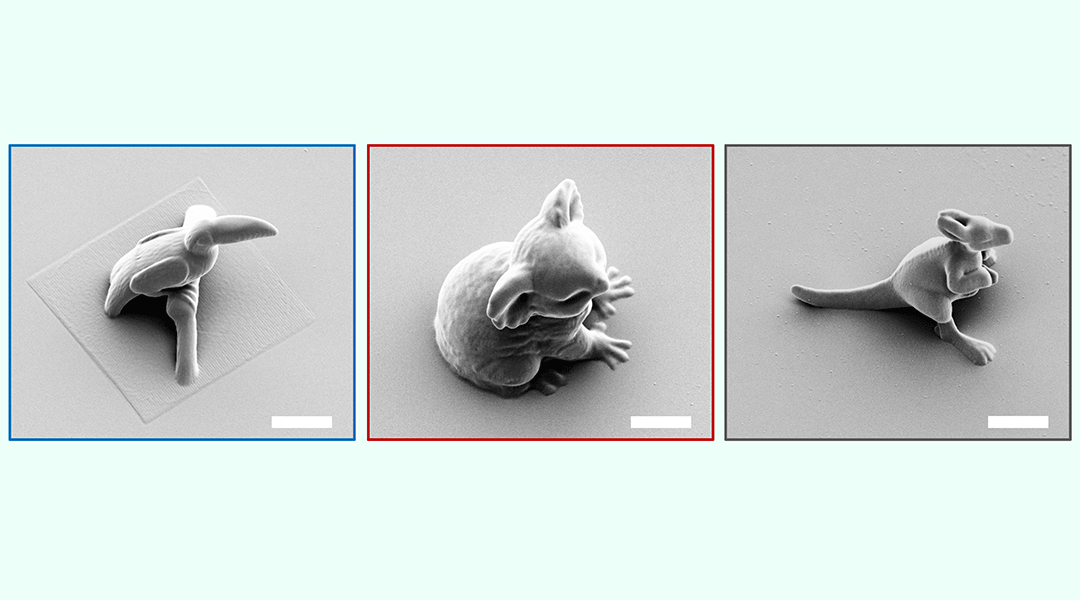
Defining the molecular sequence of ink ingredients gives chemical engineers precise control of microscopic 3D printing.
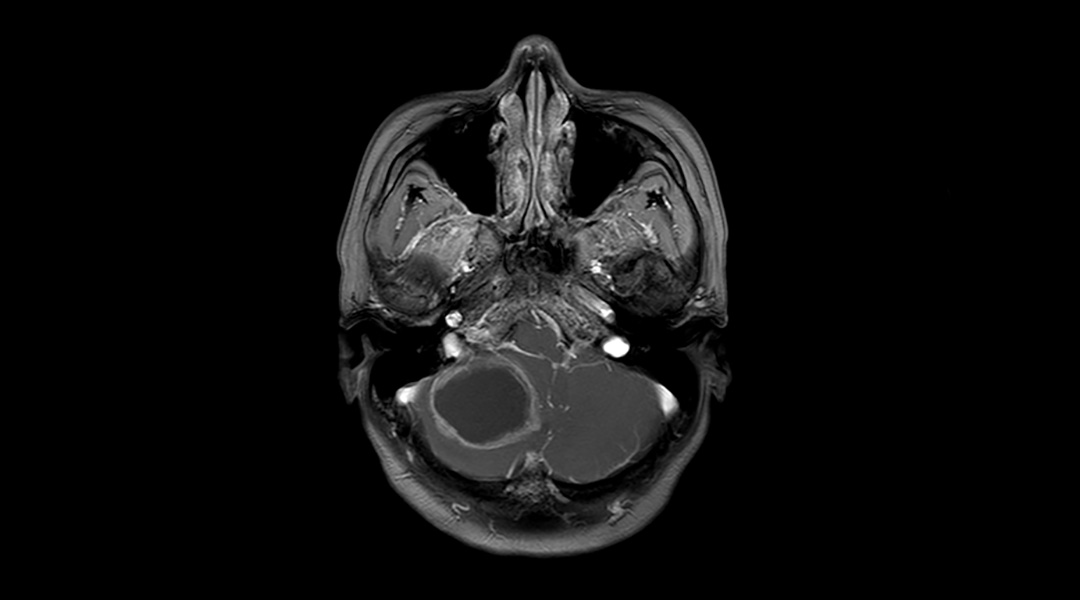
Inspired by brain-invading bacteria, researchers have created nanocapsules that covertly shuttle drugs across the blood–brain barrier.
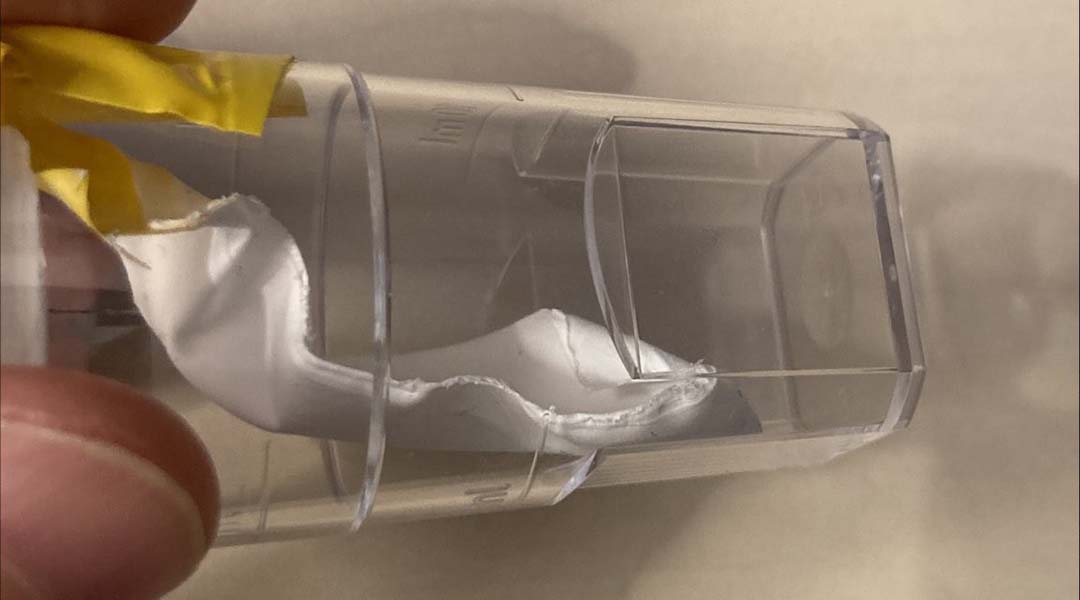
A new triboelectric laminate can convert movement to electricity 400 times more efficiently in wearable and implantable technologies.
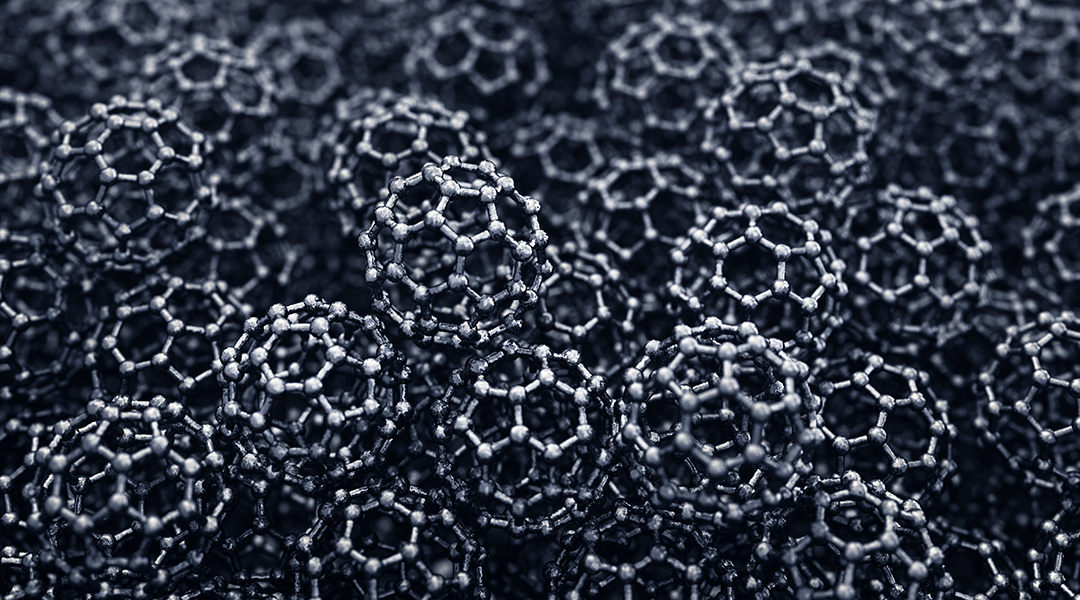
Scientists are investigating how fullerene nanomaterials can be used as antivirals against different variants of SARS-CoV-2 and other viruses.

A uniquely sensitive, stretchable pressure sensor for prosthetics, soft robotics, and human-machine interfaces.